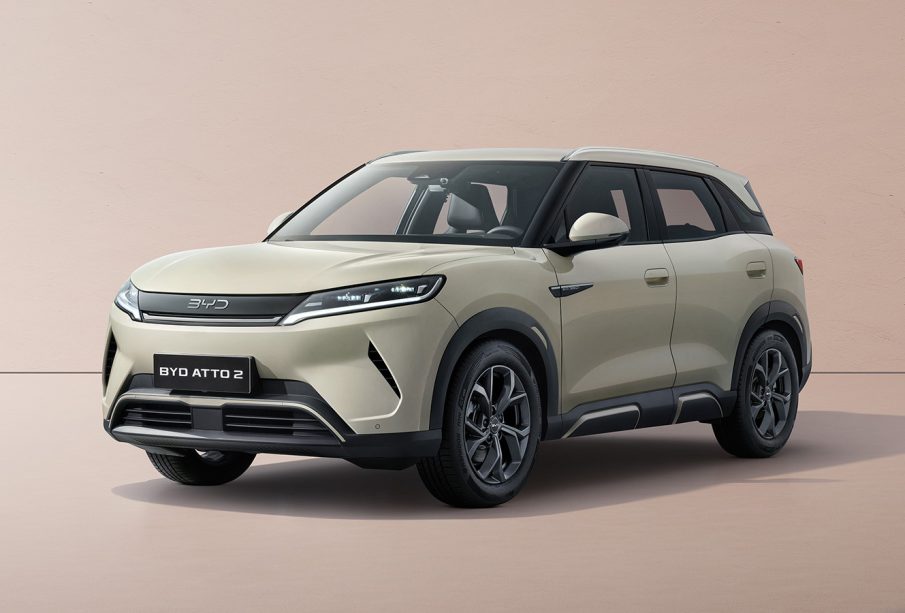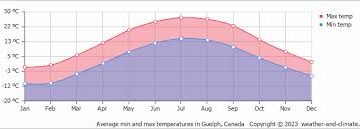BYD’s Technological Leap: Leading the Global Electric Vehicle Revolution in 2025

Revolutionary Charging Technology Unveiled
BYD has introduced a groundbreaking system for electric vehicles that promises charging speeds comparable to traditional gas refueling. The new technology, demonstrated on their Han L sedan, can provide 470 kilometers (292 miles) of range in just 5 minutes.
To support this innovation, BYD plans to construct over 4,000 charging stations. The first vehicles to feature this technology will be the Han L and Tang L SUV, with starting prices of 270,000 yuan ($37,338) and 280,000 yuan respectively, available from April.
Global Market Expansion
BYD is expanding rapidly in Europe, launching vehicles at an unprecedented rate. According to Altavilla, the company’s product offensive in Europe is unmatched. Sales are expected to double to around 186,000 units this year, with projections reaching 400,000 units by 2029.
The company has already established itself as a leading EV brand in multiple international markets, including Brazil, Thailand, and Australia.
Production and Market Dynamics
Recent data shows BYD’s production experienced a slight decline in August, with 353,090 electric cars and plug-in hybrid vehicles produced, representing a 3.8% decrease compared to August 2024. While electric car sales continue to grow, plug-in hybrid sales have shown some weakness.
The company’s success has been built on several factors, including substantial investment – an estimated $230 billion in EV development costs between 2009 and 2023 – along with advantages in labor costs, currency rates, technological innovation, and a robust battery supply chain.
Technological Integration
Beyond being a leading EV manufacturer, BYD produces its renowned “Blade” EV batteries, which are used by major automakers including Tesla, Ford, BMW, and Toyota. The company’s vertical integration is impressive, manufacturing nearly all components for its popular Dolphin model, except for tires and windows.
However, this rapid ascent has attracted regulatory scrutiny in Western markets, with both the United States and European Union implementing duties on Chinese-made EVs to protect their domestic automotive industries.





